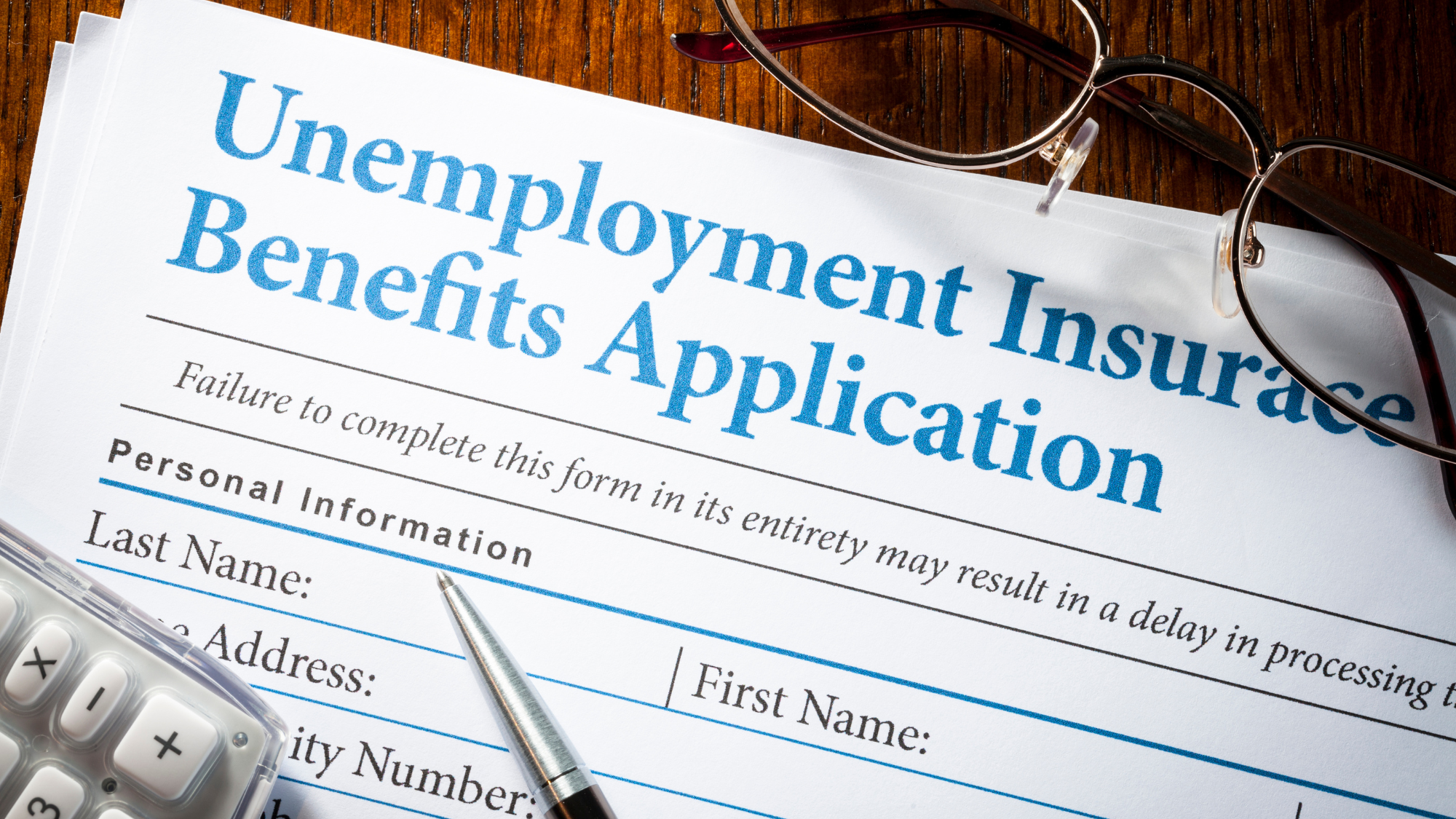
Despite a spirited campaign led by organized labor, HB 1893, which would provide unemployment insurance (UI) benefits for striking workers, failed to garner the votes necessary to pass the State Senate. The bill was a high priority for organized labor, who implemented a well-organized lobbying and communication campaign that included two large rallies at the state capital in the final weeks of session.
In testimony before the House and Senate, WR reminded legislators that Washington’s unemployment Insurance program, which is entirely funded by employers, provides the highest levels of benefits to unemployed workers in the nation. Additionally, the program was one of just a handful in the nation that remained financially solvent through both the 2008-2010 recession and COVID-19. The fundamental reason for the program’s financial performance is adherence to state and federal principles that UI benefits be provided to those who lose employment through no fault of their own. Providing benefits to those who choose to strike and have a job to return to would be a dramatic deviation from the core purpose of the UI system, and lead to higher costs to be borne by public and private sector employers.
All sectors of the business community remained unified in their opposition to HB 1893 throughout the session. Significantly, late in the session, the Washington School Directors Association and Association of Washington Cities joined the business community in opposing HB 1893. Public sector employers do not pay UI taxes on their payroll and normally don’t get involved in these issues. However, these employers are required to reimburse the UI Trust Fund for the cost of benefits paid to former employees, or, in this instance, workers who may be on strike. Hence, in the event of a teacher’s strike, or a municipal strike, the public sector employer would be required to reimburse the state for the entire cost of benefits paid to striking workers.
In the end, HB 1893 did not have the support necessary to pass in the Senate but will likely reappear in a future legislative session.





